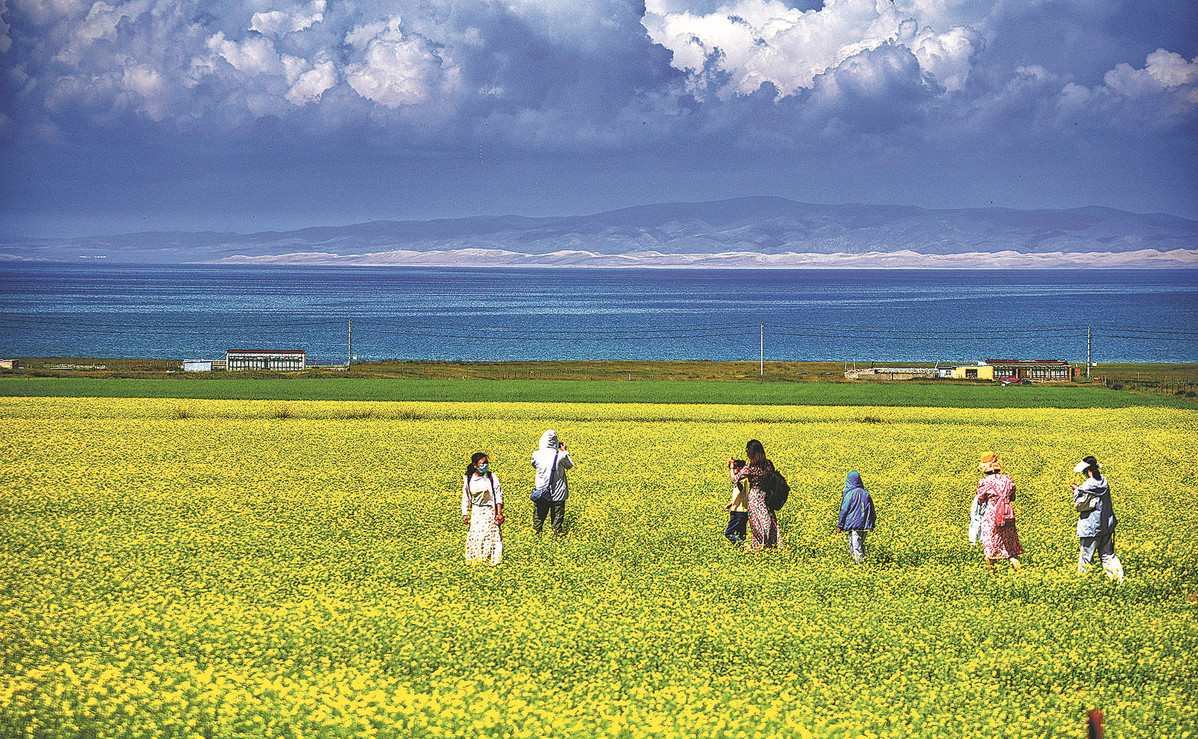Work stepped up on wetlands protection


Consensus important
At the opening of the 14th Meeting of the Conference of the Contracting Parties to the Ramsar Convention, or COP14, in Wuhan, Hubei province, President Xi Jinping said via video link that it is important to build global consensus on valuing wetlands, respecting nature, minimizing disruption and damage to wetlands caused by human activity, and protecting the ecological security of wetlands for future generations.
"China has recently drawn up a layout plan for national parks, under which a number of such parks will be designated, accounting for about 10 percent of the nation's land area," Xi said.
He added that wetlands national parks include Three-River-Source National Park, Qinghai Lake National Park, Ruoergai National Park, Yellow River Estuary National Park, Liao River Estuary National Park, and Songnen Plain Crane Homeland National Park.
COP14 was held from Nov 5-13 in Wuhan and Geneva, Switzerland. Every three years, representatives of contracting parties meet at COP, where they adopt decisions on administering the Ramsar Convention and guiding its implementation. Last year was the first time that such a meeting had been held in China.
After becoming a contracting party to the convention in 1992, China embarked on wetland protection. It was one of the first countries to complete three national wetland resource surveys via field monitoring stations and information management platforms.
Zhang Mingxiang, a professor at Beijing Forestry University's School of Ecology and Nature Conservation, explained the importance of wetland protection.
As one of the three major ecosystems, along with forests and oceans, wetlands store carbon within their plant communities and soil, instead of releasing it to the atmosphere as carbon dioxide. In this way, they help moderate global climate conditions, he said.
"While plants on land store carbon dioxide in the air through photosynthesis to produce what we call green carbon, creatures in the oceans store carbon dioxide, or blue carbon."
Tan Guangming, deputy head of the National Forestry and Grassland Administration, said at a news conference during COP14 that China will place more importance on protecting wetlands and restoring such areas.
As home to 4 percent of the world's wetland areas, China has met the needs of 20 percent of the global population for wetland-related life and culture, Tan said.
He added that wetlands protection work includes improving overall planning, a legal system and related technology.























